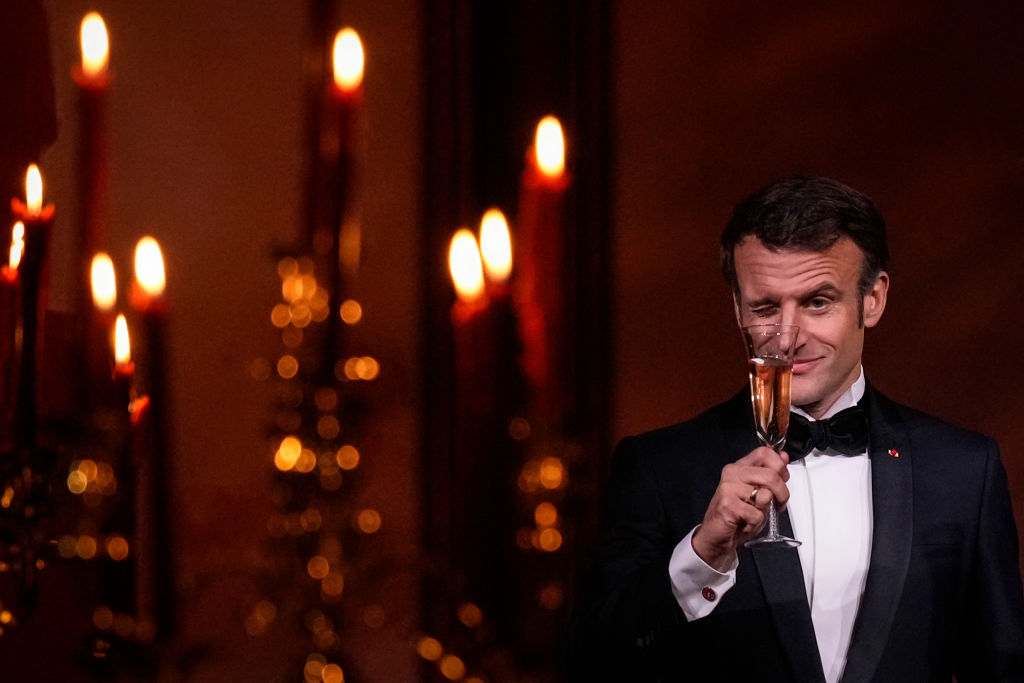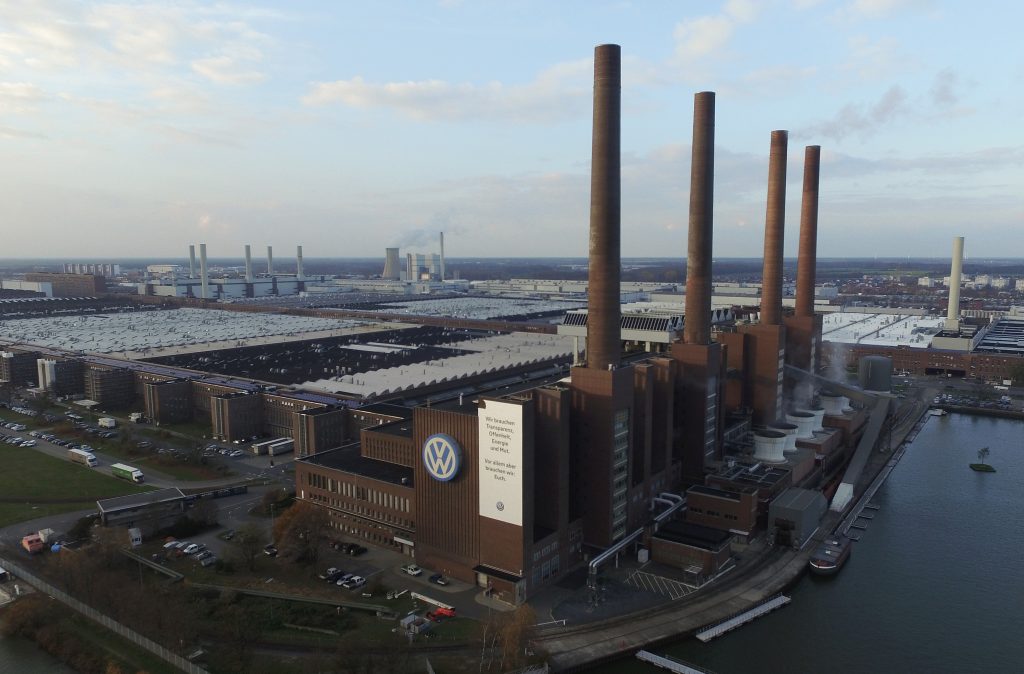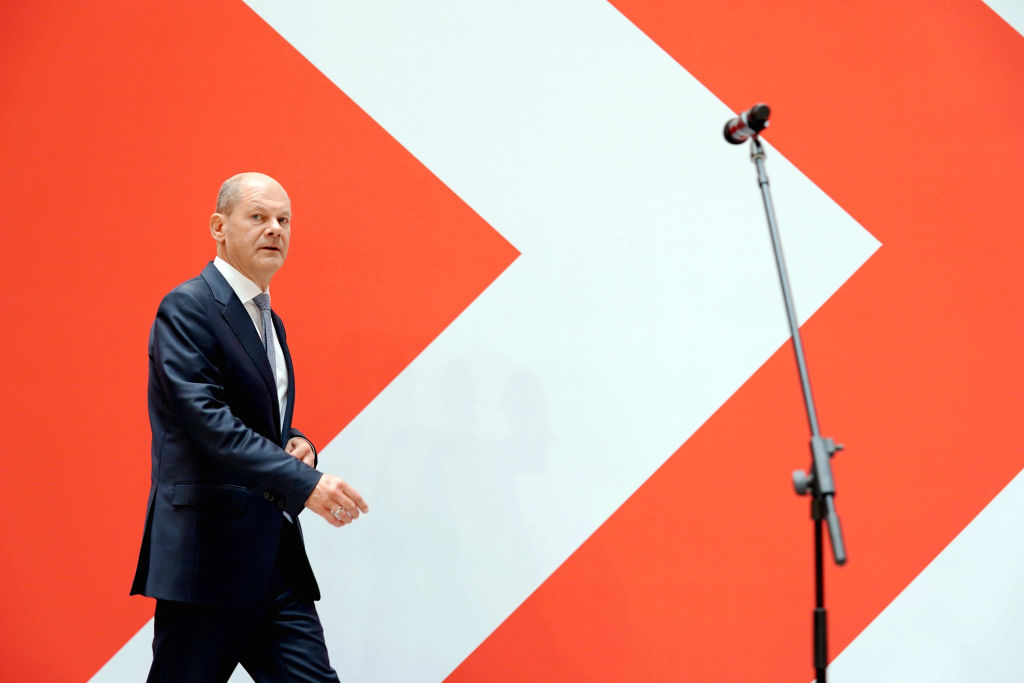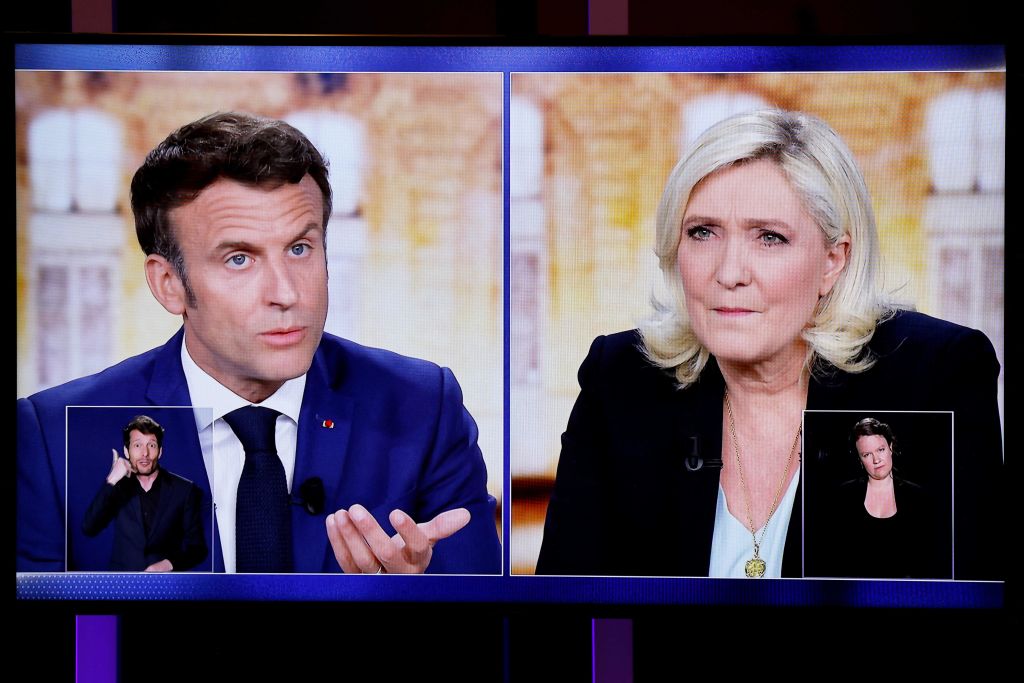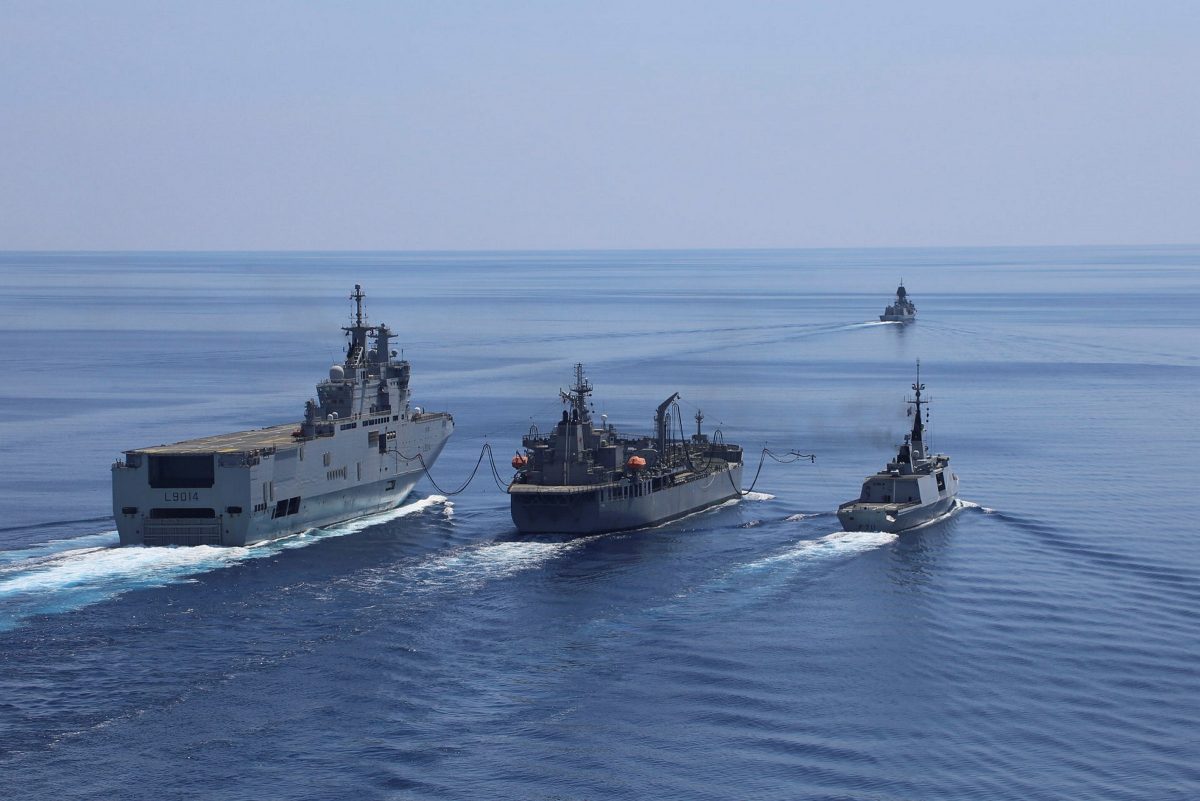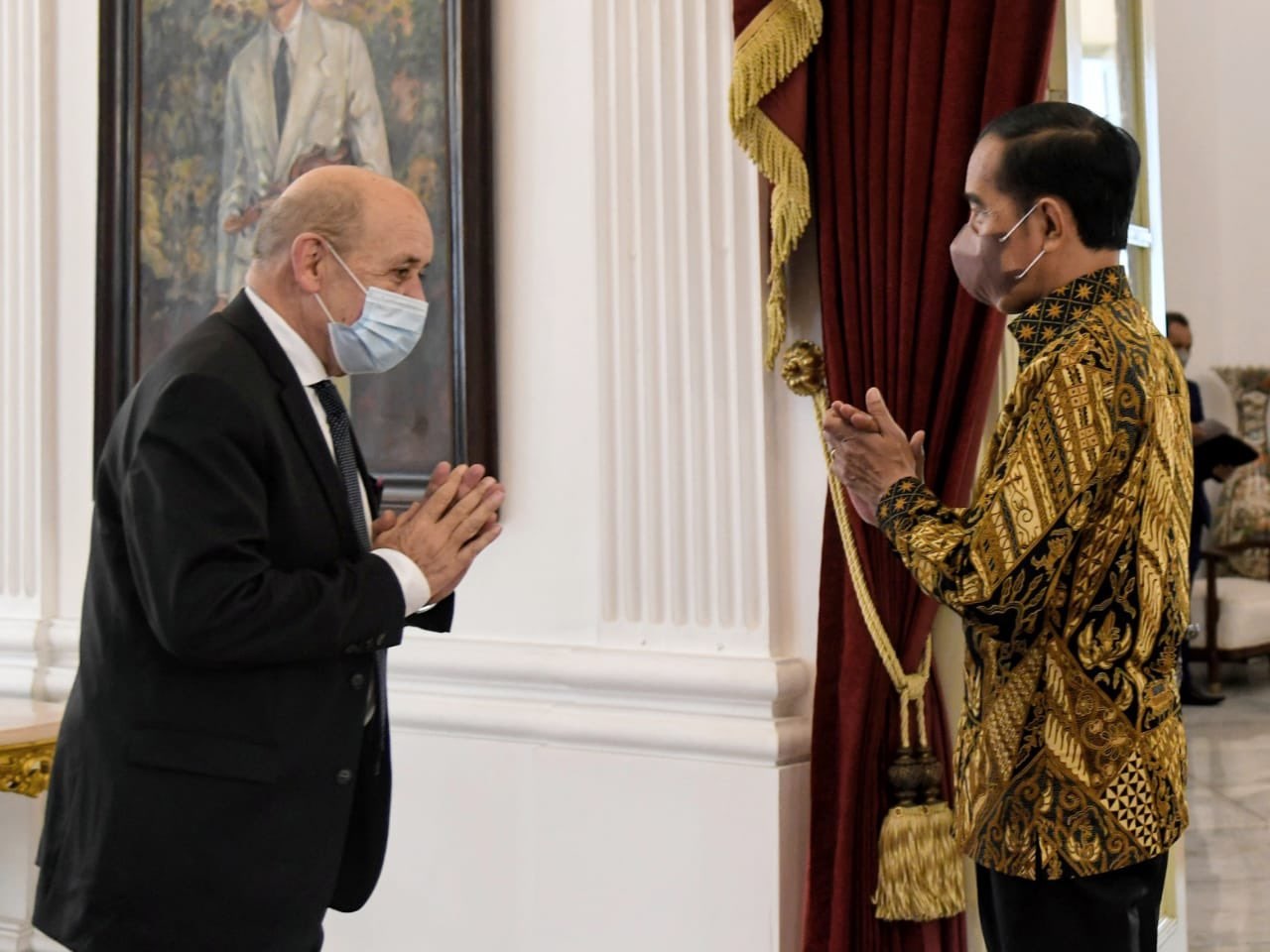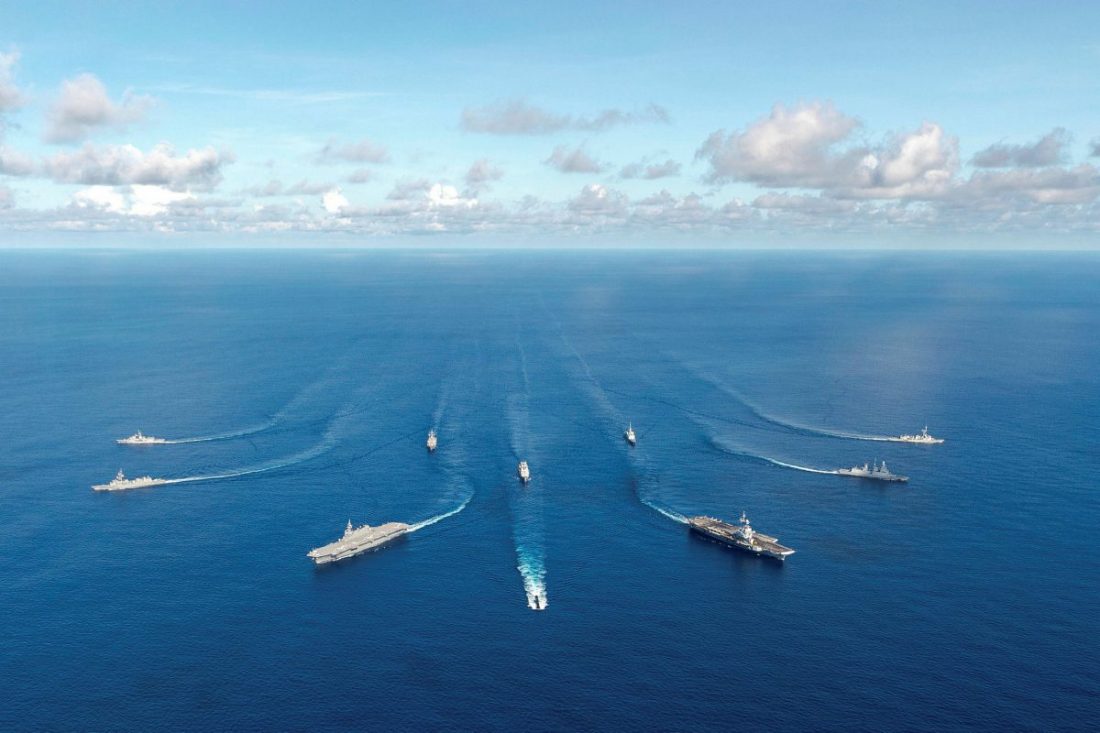Macron faces resistance in New Caledonia
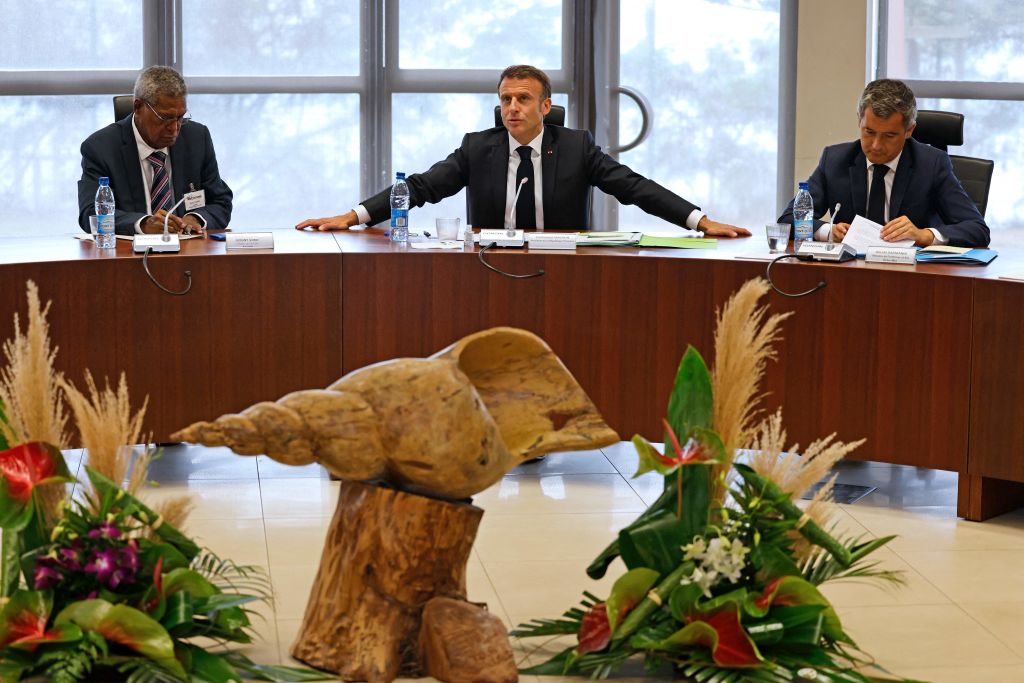
France is facing resistance as it prepares to host a meeting of New Caledonian parties in Paris from 4 September. Independence parties reject the third independence referendum of December 2021. A visit by French President Emmanuel Macron to New Caledonia, violence at a local nickel plant, the re-election of an independence leader as president of the Congress of New Caledonia, and a rebuke from the Melanesian Spearhead Group all underline the challenges ahead.
Indigenous Kanak independence supporters boycotted the third independence vote after France declined their request to postpone it due to the impact of Covid-19 on their communities. The 2021 poll returned an overwhelming 97% opposition to independence follow a narrowing 56.7% in 2018 and 53.3% in 2020. The votes demonstrated the strong Kanak commitment to independence, and the power of independence leaders, as they delivered increasing support for independence over the first two votes (43.3% in 2018 to 46.7% in 2020) and a resounding boycott of the third.
France and loyalist parties simply claimed three victories and want to ensconce New Caledonia firmly within France.
Independence leaders reject the result and want a new vote, with United Nations and International Court of Justice engagement. They have to date only talked with France, refusing to participate in trilateral discussions including loyalist parties.
Macron paid a visit to Noumea on 26–27 July, during which he lauded the three ‘clear’ votes to stay with France, which ensured ‘France’s place in the Indo-Pacific’ and France’s protection for the territory against large powers jostling for influence. France plans to increase its military presence in New Caledonia and create a defence academy to train regional militaries there. Macron said he would promote partnerships with Australia at the forefront, and he went on to visit Vanuatu and Papua New Guinea after leaving Noumea.
In a nod to his 2018 commitments to diversify the economy if New Caledonia voted to stay with France, Macron spoke of the assistance France would bring in mining, agriculture, energy, climate change, and economic and social equality.
Macron condemned the ‘isolation’ and ‘separatism’ of non-participation in discussion, which he said risked violence. He urged agreement ‘by consensus’ for a new political statute, an associated French constitutional amendment, and relaxation of controversial restrictions confining voting eligibility only to longstanding residents in local elections, by early 2024.
The chances of meeting that timetable appear slim. Despite Macron’s glad-handing walkabouts amid a sea of tricolour flags and the thousands of supporters at his address in the main plaza, a major independence party absented itself from his earlier roundtable, and Kanak independence leaders were notably silent during his visit.
Their response, days after he left Noumea, was dampening. The Union Calédonienne slammed the visit as a ‘non-event’, a ‘one-man show’, ‘seeming to divide positions and aggravate fractures’ with an ‘imperialist and condescending’ attitude to independence. It recommitted to restricted voter eligibility, which defined ‘citizenship and nationality for Caledonians’. It retained its opposition to trilateral discussions.
Palika-UNI described Macron’s speech as a ‘paternalistic, imperialist, neo-colonial’ view of the future governance of New Caledonia, with a ‘longwinded’ account of France’s geo-diplomatic strategy in the Pacific. The speech ‘did not respond to the territory’s needs’, added to political and institutional instability, and threatened peaceful discussion with the independence coalition. Still, the party committed to discussions on the future, for a ‘temporary statute’, but pending a self-determination vote ‘on full sovereignty’. It ominously recalled that it was France’s not taking into account Kanak claims which had led to civil war. The independence coalition had ‘only signed [agreements] … in the interest of peace’, without relinquishing sovereignty claims.
Other local developments are not promising either. Since April, trouble has been brewing over the threatened closure of the Poum nickel mine in the Kanak north. Just days after Macron’s visit, union protests at the main nickel plant in Noumea became violent, inflicting major damage. On 10 August closure of Poum was announced, a move scathingly criticised by independence leader Paul Néaoutyine.
The annual election of a president of the local congress also revealed bitter division. On 30 August independence leader Rock Wamytan was re-elected, mustering more votes than expected. Wamytan said his would be an ‘impartial presidency’. He emphasised dialogue, and the fragility of peace, saying New Caledonia would take its place with vigilance as a small country in the ‘large ocean of its ancestors’. Loyalist leaders denounced those who supported him, noting the inconsistency of his election with the three votes for staying with France.
Regionally, in a communiqué of 25 August the Melanesian Spearhead Group, formed in 1986 to support the independence coalition in New Caledonia, reiterated its ‘united’ support for New Caledonia’s decolonisation. It commissioned its chair to write to Macron to note that it did not recognise the results of the third referendum and strongly opposed the way in which it was conducted. The meeting also explored ways in which the group might engage with the International Court of Justice.

